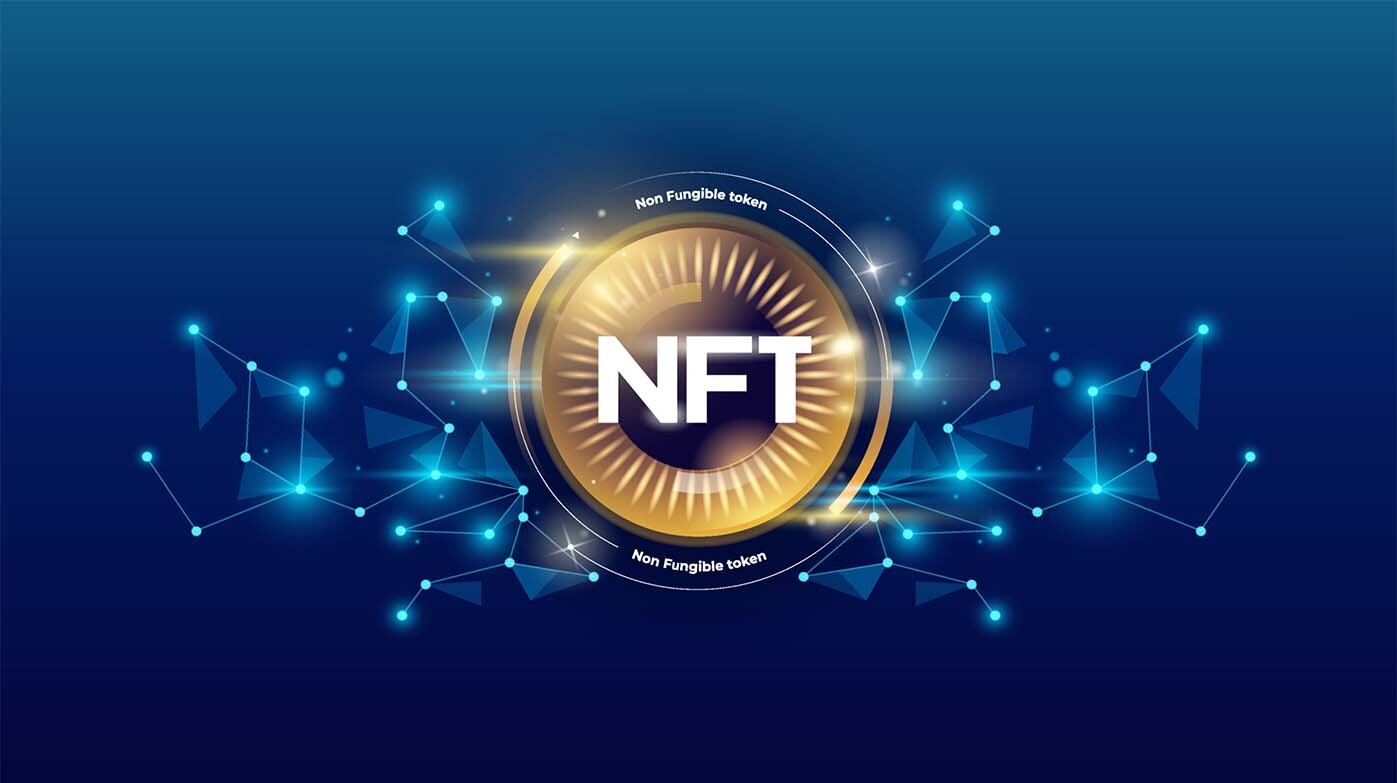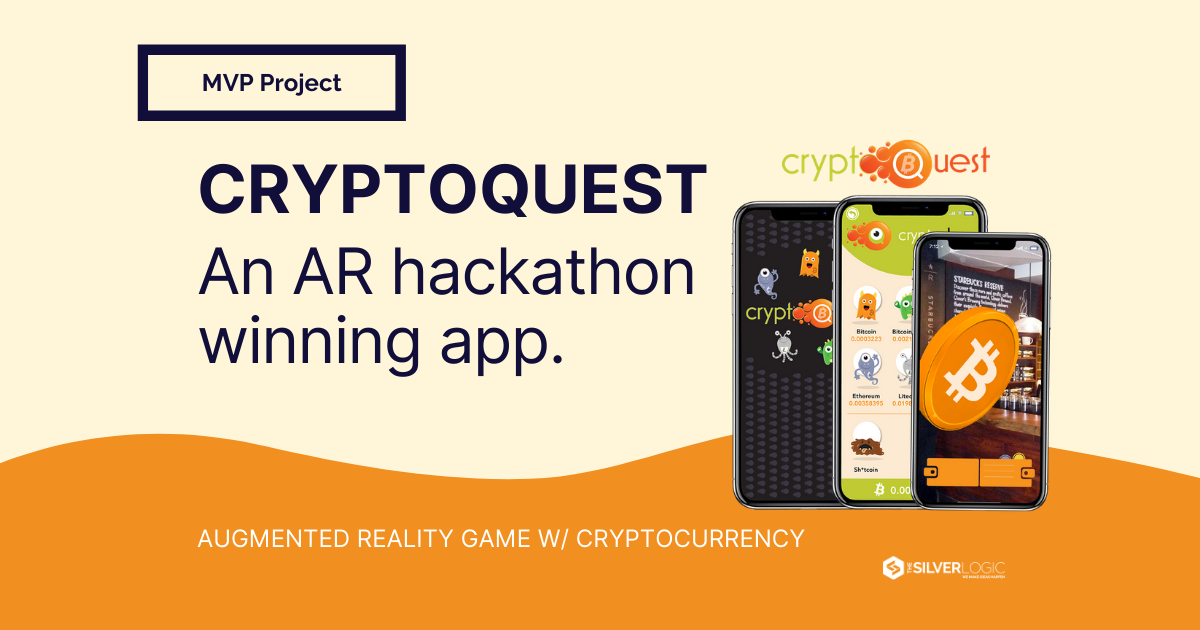Recent Posts
NFTs: From Speculation to Utility
A lot of the current talk about NFTs is about collectability rather than their usability, or functionality. What can you really DO with non-fungible tokens that make them valuable aside from purchasing something like a “Bored ape” and becoming a member of the “Bored Ape Yacht Club?”
Currently, many NFT projects are designed for value accrual which encourages holders to engage in speculative behavior rather than building the network. Tony Shen, in his article, Do Not Design for Speculators, (July 2018, read Feb. 22, 2022) discusses how to reduce the influence of speculation on NFTs by introducing a tax similar to a property tax that punishes land speculators and is intended to get the land into the hands of someone that values it more because they want to make a productive asset, like homes, or commercial property. In the NFT realm, Harberger taxes have been proposed as a way to force speculators to sell to investors to ensure the NFT is more productively utilized (Harberger Taxes on Ethereum, Nov. 2018, read Feb.23, 2022). Simon de la Rouviere in his article in Medium, July 15, 2018, says:
NFTs: From Speculation to Utility
A lot of the current talk about NFTs is about collectability rather than their usability, or functionality. What can you really DO with non-fungible tokens that make them valuable aside from purchasing something like a “Bored ape” and becoming a member of the “Bored Ape Yacht Club?”
Currently, many NFT projects are designed for value accrual which encourages holders to engage in speculative behavior rather than building the network. Tony Shen, in his article, Do Not Design for Speculators, (July 2018, read Feb. 22, 2022) discusses how to reduce the influence of speculation on NFTs by introducing a tax similar to a property tax that punishes land speculators and is intended to get the land into the hands of someone that values it more because they want to make a productive asset, like homes, or commercial property. In the NFT realm, Harberger taxes have been proposed as a way to force speculators to sell to investors to ensure the NFT is more productively utilized (Harberger Taxes on Ethereum, Nov. 2018, read Feb.23, 2022). Simon de la Rouviere in his article in Medium, July 15, 2018, says:
What is an NFT?
What is an NFT?
We’ve talked a lot on our blog about making ideas happen with augmented reality and the internet of things, but we haven’t spent much time yet on the ideas we’ve actually turned into a reality here at The SilverLogic (TSL). This week, we’ll be featuring two of our in-house augmented reality favorites, OmniPark and Cryptoquest.
We’ve talked a lot on our blog about making ideas happen with augmented reality and the internet of things, but we haven’t spent much time yet on the ideas we’ve actually turned into a reality here at The SilverLogic (TSL). This week, we’ll be featuring two of our in-house augmented reality favorites, OmniPark and Cryptoquest.


